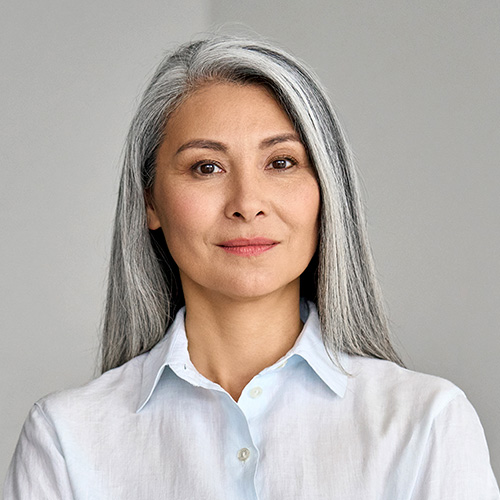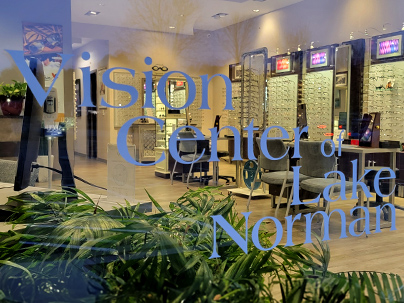Understanding Age-Related Macular Degeneration
Blog:Understanding Age-Related Macular Degeneration

February is Age-Related Macular Degeneration Awareness Month. This serious eye disease affects millions of Americans and is the leading cause of severe vision loss among individuals aged 50 or older. Let’s take a look at the symptoms, risk factors, and treatments so you’re aware of the signs and know when to see an eye doctor. If you experience any of these symptoms, schedule an appointment with our eye doctors in Newton and Mooresville!
What is age-related macular degeneration?
Age-related macular degeneration (AMD) is a progressive eye disease that causes loss of central vision due to damage to the macula—the part of your eye responsible for sharp central vision. The two main types of AMD are wet and dry AMD. Wet AMD occurs when abnormal blood vessels form under the retina and leak fluid or blood, while dry AMD occurs when light-sensitive cells in the macula break down over time. Dry AMD is much more common and progresses gradually, whereas wet AMD occurs suddenly and can cause rapid vision loss.
Risk factors for AMD
The most significant risk factor for AMD is age. People aged 50 or older are much more likely to develop this disease than younger groups. Other risk factors include:
Smoking cigarettes
Having high blood pressure or cholesterol
Family history of AMD
Being Caucasian
Obesity
The risk is also higher for people who spend a lot of time outside without proper eye protection.
Treatment options for AMD
While there is no cure for AMD, treatment options can slow down the disease and prevent severe vision loss. Treatment options will vary depending on the type of AMD you have. For wet AMD, anti-VEGF eye injections can slow down or stop abnormal blood vessel growth. In some cases, patients may require continued monthly injections to prevent new abnormal vessels from forming after treatment. Laser surgery is also an option for people with wet AMD who aren’t responding to anti-VEGF medications.
There are currently no treatments available for late-stage dry AMD. However, taking vitamins and nutritional supplements can help slow down the progression of the disease.
If you’re at high risk of developing AMD, then it’s important to speak with your eye doctor to find out how you can manage the condition and preserve your vision. Schedule an appointment today for an eye exam in Newton or Mooresville and find the best treatment option to fit your unique needs.


